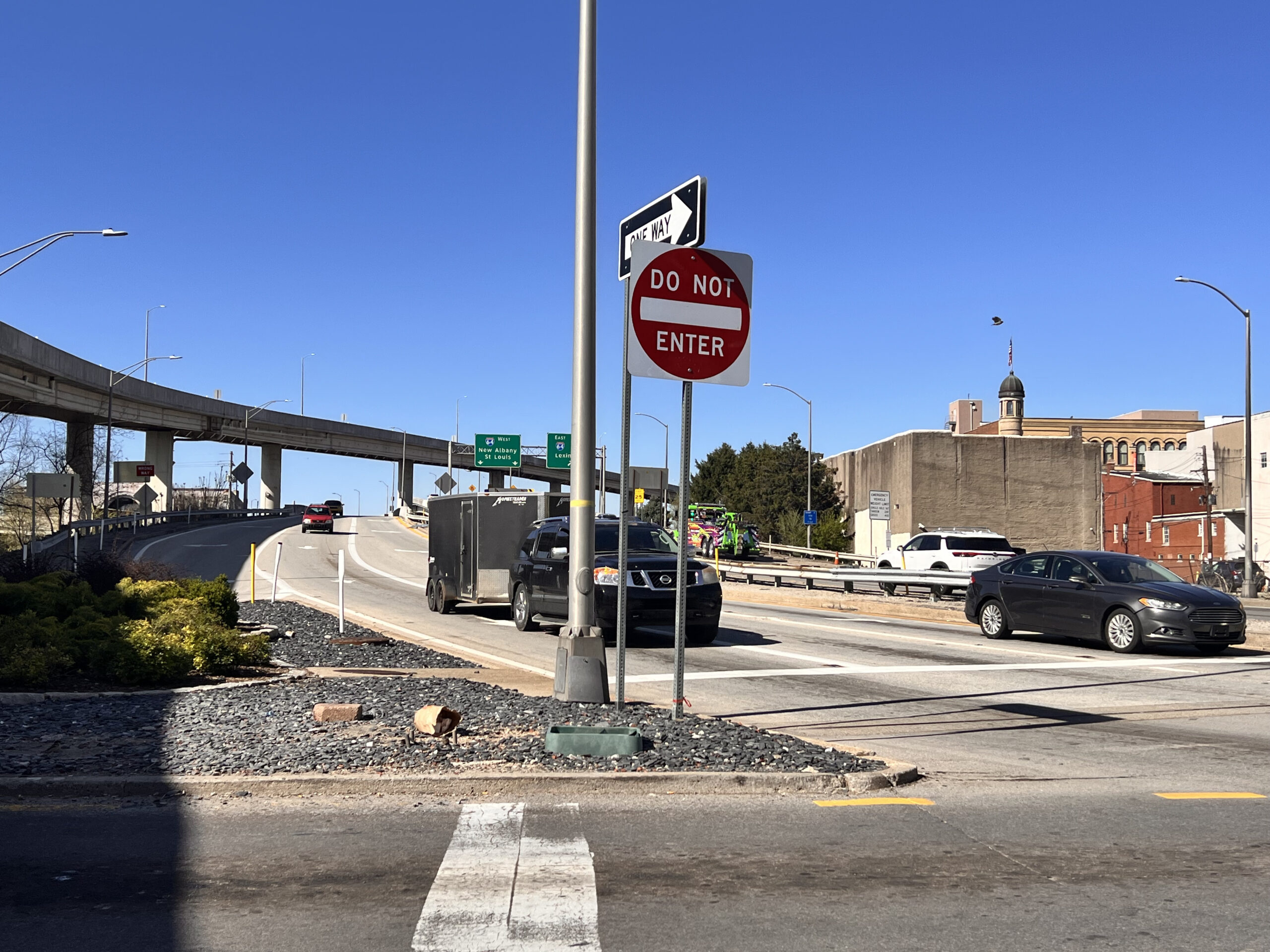No sooner does an incident happen than it’s online for the whole world to see.
Police body cams, dashboard cameras, and traffic cameras aren’t always the mark of a totalitarian society – sometimes, they can be useful for injury claims. Great Day Live! talks to Marshall Kaufman and Cara Stigger about how the increase in technology available actually makes it easier and more accurate to prove “who did what” in an accident.
VIDEO TRANSCRIPTION:
TERRY MEINERS: He said that “Big Brother” would always be watching in that novel 1984. But he didn’t think about Big Brother helping us in court! Think about this, from traffic cameras to police body cameras to smartphones, almost everything we do is recorded and can therefore be used to help us out in an injury case! Cara Stigger and Marshall Kaufman are here to explain. Hello, Cara.
CARA STIGGER: Hello.
TERRY MEINERS: Hello, Marshall.
MARSHALL KAUFMAN: Hello, Terry.
TERRY MEINERS: Everybody’s got a camera, taking a picture of everything! So, virtually everything (it seems like) is recorded and it can be of use in legal cases.
MARSHALL KAUFMAN: It is, Terry. Things have really changed the last five to ten years, especially lately with police body cameras. When you have an accident, a lot of times one of our problems is locating witnesses if the police talk to people, don’t put their names on an accident report; or get their names but don’t put their phone numbers or addresses. Now with body cams, you can have the actual testimony of what these people are telling the police; you have surveillance videos of a lot of intersections and a lot of times it’ll tell you the story on a red-light case, on a pedestrian-crossing case. And then a lot of times, there’ll be stores that will have video that may show an intersection. I had a case years ago, out in the country on a state road, where a young man on a motorcycle, it was a question of who crossed the center line or if somebody turned and that store video, thankfully, told the story for us.
TERRY MEINERS: So, someone who’s been in an accident should go to the stores that are nearby and ask for video; or what? Or should you just call an attorney and let them do the work for you, Cara?
CARA STIGGER: Well, of course we suggest you call the attorney, because what we can do is get the police camera footage; we know how to order that; we can also—a lot of people are now buying cameras for their car—
TERRY MEINERS: Dashcams!
CARA STIGGER: Dashcams. And I have one particular client that has the dashcam that faces the front and the back; and in their case, it was really helpful for us to get that footage because it showed who crossed the center line and who caused the accident. And in the old days, you didn’t have that; you didn’t have a lot of information from the police officer because they would talk to a witness, they’d write down what they said, but they didn’t give us the information. So like Marshall said, now, a lot of times we see the witness on camera with the body cam that the police officer wears.
TERRY MEINERS: And I’m going to guess that the video is more valuable than the word or the memory of the human being because the video tells the story?
CARA STIGGER: Oh, absolutely. Yeah.
TERRY MEINERS: Alright, now what about shelf life on video? Obviously if someone doesn’t call an attorney right away and they decide, “Well, I’ll just go over here to Jimmy’s Knick-Knack Store and ask if they have a security video”—well, that doesn’t…they don’t keep like months at a time, do they? I mean, you have to do something immediately, don’t you?
CARA STIGGER: Each business is different, but some of them do just re-record over the same footage every day, so yes; it’s crucial to get someone to the store right away to see if they have footage of the accident scene. And a lot of accidents, like on a TARC bus, they have footage on the TARC bus, and school buses now have cameras on them. So it’s very valuable to see—you’re right there in the scene, you see it happen!
TERRY MEINERS: Alright, so what do you recommend to someone who’s in an accident of any level? I mean, to do right away, obviously; seek some counsel? Take photos, should they? Take photos of the scene, use their phone and…?
MARSHALL KAUFMAN: You know, with cell phones now and with them having both the ability to take photographs and movies; if you’re in an accident and you’re able to do it, if you’re not injured too severely, you can use that camera to take photographs of the vehicles; if there are witnesses, independent witnesses, you can take video of their license, driver’s license, or you can take a video of them telling you what happened and then that way you will have that information for later on. It’s very valuable because, as you said, people’s memory changes with time and if you have it on video it’s very effective and that goes a long way a lot of times towards resolving a case.
TERRY MEINERS: That’s not called, like, hearsay? Because, I was in an accident and Cara was walking on the sidewalk and I take her video…?
MARSHALL KAUFMAN: We use it with the person themselves to refresh the memory—
TERRY MEINERS: Ah, I see.
MARSHALL KAUFMAN: —so that if they change their story then you can show, “Hey, here’s what you said here; wasn’t your memory better there, closer to the accident than it is now?” And that’s important before other maybe insurance people or other people get to them and try and phrase what they remember to where it helps them more than it may help our client.
TERRY MEINERS: We have to remember that adjusters are trying to work for the company to pay out as little as possible. Important thing is to call the lawyer first, right?
MARSHALL KAUFMAN: Right.
CARA STIGGER: Yes.
TERRY MEINERS: Good to see you both. Thank you, Marshall and Cara. Hey, call or speak to one of the injury lawyers at Kaufman & Stigger; the phone number’s (502) 458-5555 or you can go to GetTheTiger.com.


